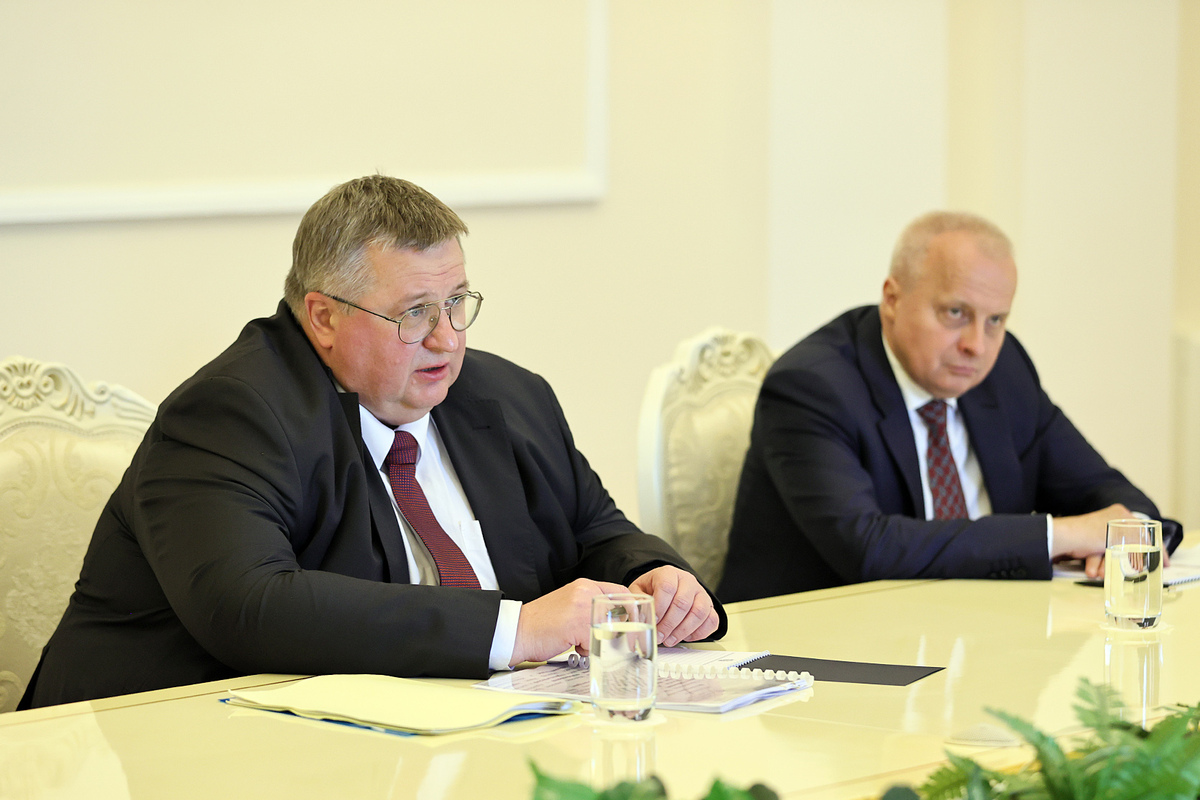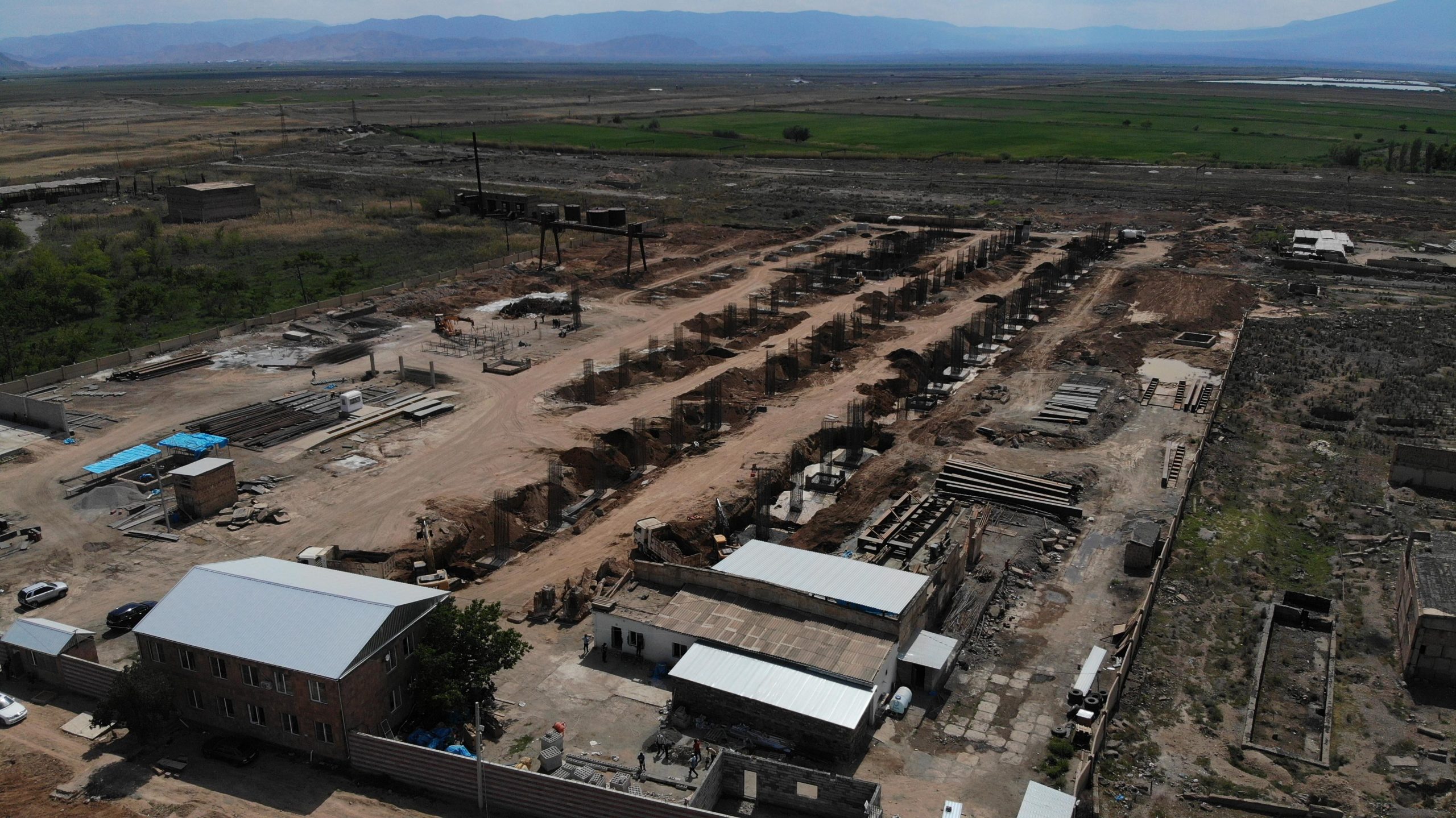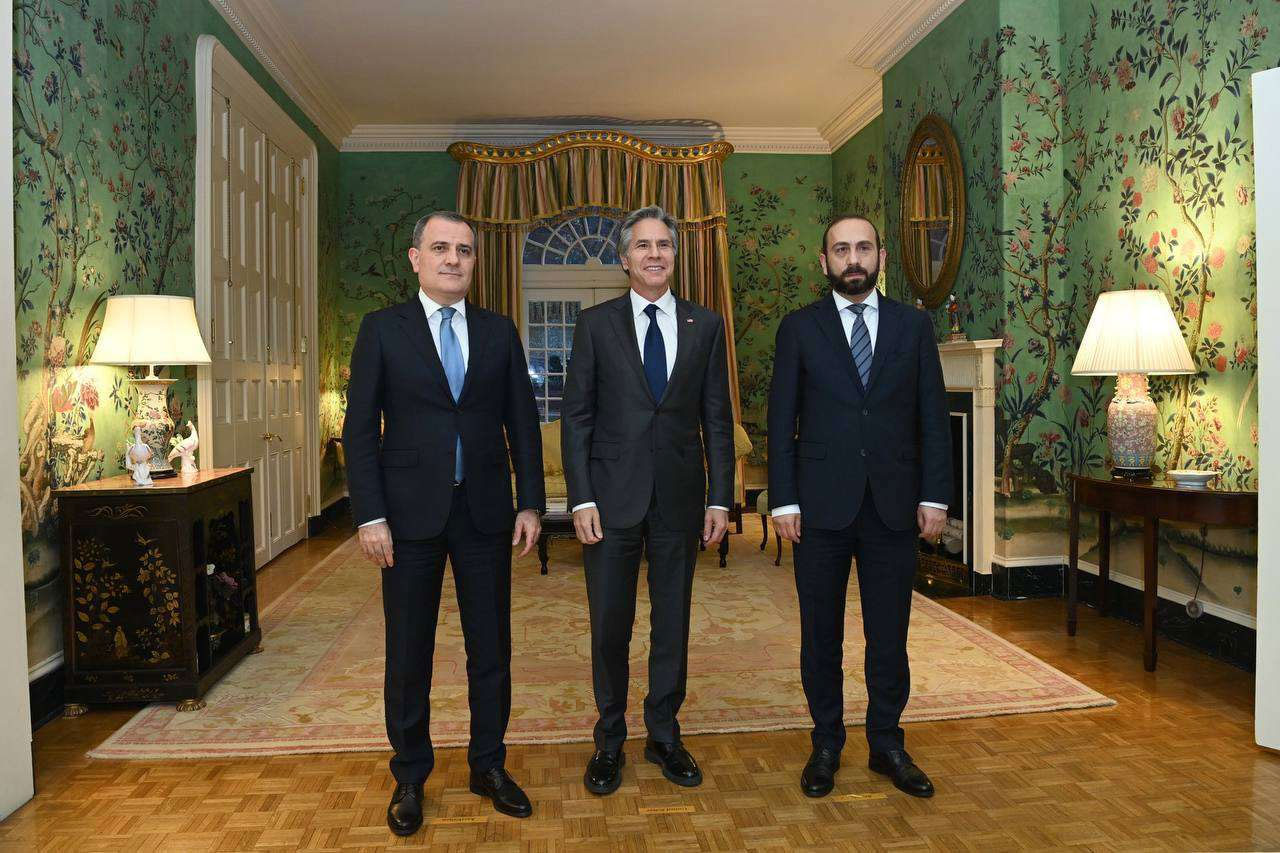“There will be no pro-Armenian decisions”: Armenian analysts on Mirzoyan-Bayramov meeting
Second round of Mirzoyan-Bayramov talks
On June 27, the next round of discussions on the agreement on the settlement of relations between Armenia and Azerbaijan will begin in Washington. The Armenian authorities have already officially announced this. Earlier, the Prime Minister stated that the position of the Armenian side remains the same: to make every effort to establish peace and sign an agreement.
“The delegation is heading to the United States with this attitude,” Nikol Pashinyan assured.
Armenian analysts, however, believe that the Prime Minister’s statements were made for diplomatic reasons, and they do not expect the signing of the document.
“Positions diverge”, but meetings continue
This is the second round of negotiations with Mirzoyan-Bayram mediated by US Secretary of State Antony Blinken. It was scheduled for June 12, but was postponed at the request of Baku.
The first round of negotiations took place on May 1-4. A joint statement was not adopted, the parties limited themselves to a press release saying that “positions on some key issues still diverge.”
Armenian analysts also speak about the existence of disagreements on key issues. They highlight the following three themes:
• maps on which the delimitation will take place,
• international guarantees of a peace treaty,
• a mechanism for dialogue between Baku and the Armenians of Nagorno-Karabakh.
These issues will be discussed in Washington at the level of foreign ministers, then in Brussels at the level of state leaders. According to a preliminary agreement, Pashinyan and Aliyev will meet on July 21 through the mediation of the head of the European Council.
Armenia also proposed to Azerbaijan to hold a meeting of the commission on border delimitation. According to the Armenian prime minister, there is an agreement in principle to hold the meeting.
“Armenia is ready to unblock the transport and economic routes of the region as soon as possible on the principle of [preserving] the sovereignty of the parties,” Pashinyan said.
“We can expect progress”
This opinion was expressed during a briefing by the Speaker of the Armenian Parliament Alen Simonyan.
“Negotiations are going quite intensively, proposals and discussions are yielding results on both sides. As for the changes, we agree with some formulations, with some – the Azerbaijani side. At the moment, there is progress,” he said.
The speaker confirmed that Armenia is preparing for peace and called on Azerbaijan to “speak and act in accordance with this logic”:
“With all possible international mechanisms, we must ensure that Armenia and Azerbaijan sign a long-term, reliable agreement, ensure the implementation of the rights and freedoms of the Armenians living in Nagorno-Karabakh, in a format that any authoritative international structure or country will guarantee.”
According to him, Armenia will use all international levers to prevent Baku from carrying out ethnic cleansing in NK.
Alen Simonyan did not specify whether the issue of the rights of the Armenians of Nagorno-Karabakh would be fixed in a peace treaty or in another document. However, he believes that this is an important issue that cannot be bypassed:
“If this issue is not discussed, is not on the agenda and does not get a decision, then most of these negotiations can be considered meaningless talk.”
He also said that in order to implement the peace agreement, a guarantor or guarantors are needed so that the situation following the example of the November 9, 2020 document does not repeat itself, when the mediator country “does not take steps or cannot take them.”
Comments
Political scientist Areg Kochinyan believes that there can be no talk of signing the document until the parties’ approaches on key issues are clarified:
“I don’t think the prime minister specifically meant that they were going to Washington to sign this paper. In my opinion, they are going to do everything so that this paper is drawn up.”
He believes that to achieve peace, you need not one solution, but a symbiosis consisting of many components.
Among them he names the following:
- peace treaty,
- restoration of the self-defense potential of Armenia,
- changing the vector of Armenia’s foreign policy,
- creation of guarantees of the territorial integrity of Armenia in the conjuncture of certain legal, political and international relations.
According to political observer Hakob Badalyan, Pashinyan’s statement was made more for diplomatic and tactical reasons. The goal is to show that the Armenian side is ready for constructive negotiations and promotion of a peace agreement. Badalyan emphasizes that, along with the discussion of current issues, a clear assessment should be made at the meeting in Washington of “Azerbaijan’s aggressive actions and border incidents”:
“If this situation is not regulated, including by actors committed to the cause of peace, then this may hinder any progress in the negotiation process. And if all this fits into the same logic, then the question arises: how can there be loyalty to the policy of Azerbaijan, leading to tension?”
The Armenian Defense Ministry has been constantly reporting shelling from the Azerbaijani side, not only in the direction of the Armenian positions, but also of the civilian population. In particular, the village of Erakhs on the border with Nakhichevan was repeatedly shelled. The main target is the Armenian-American plant under construction there. Two Indian construction workers were reported injured. The Armenian media report on the continued tension in the border settlements of the Gegharkunik and Syunik regions, in Nagorno-Karabakh.
Information about the violation of the ceasefire regime by the Azerbaijani Armed Forces, which is received almost daily, indicates that Baku is trying to achieve concessions by force in parallel with the negotiations. This is the opinion of political scientist Tigran Grigoryan:
“They will also try to use military pressure to force both Yerevan and Stepanakert to abandon their positions altogether, so that it would be, by and large, a one-sided document that is fully consistent with Azerbaijani ideas.”
Grigoryan is convinced that at this stage it is pointless to talk about “some kind of pro-Armenian decisions”, there are only “bad decisions and even worse”.
He notes that key disagreements between the parties remain even after the recognition of NK as part of Azerbaijan. In his opinion, one of the main problems is that Baku “categorically rejects dialogue” with the Armenians of Nagorno-Karabakh.
The political scientist believes that the mediators should ensure that Azerbaijan abandons its maximalist position and tends to solutions based on compromises. On the draft peace treaty, Grigoryan noted that at the moment the possibility of signing a framework agreement, that is, a preliminary, and not a final detailed document, is being discussed.
But even in this case, he sees certain risks, since there are no guarantees that after the signing of the agreement, Azerbaijan will not continue to use force against Armenia:
“If now Azerbaijan does not withdraw its troops from the territory of Armenia, then there is a high probability that it will not take such a step even after the signing of the agreement.”
Follow us – Twitter | Facebook | Instagram
Second round of Mirzoyan-Bayramov talks





















